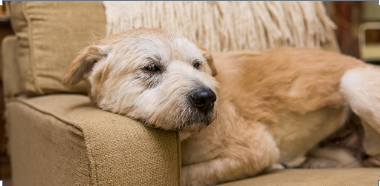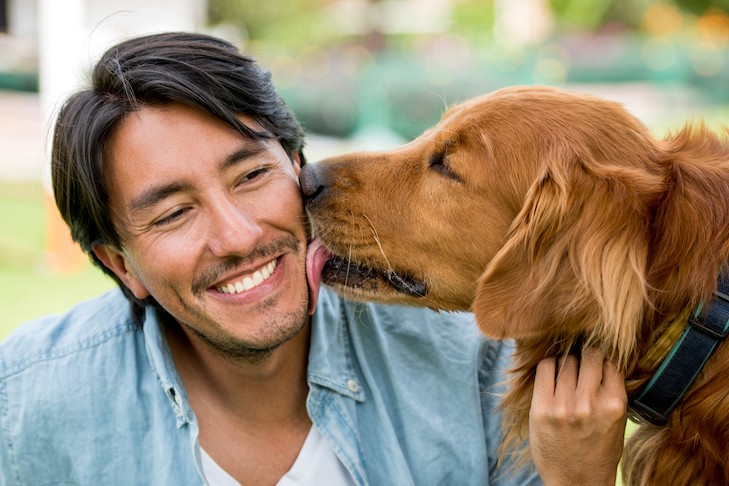Taking care of an elderly dog presents challenges, yet adhering to the advice below will ensure you provide excellent care for your companion. When your dog reaches its golden years, it’s important to remember that they’re at a higher risk for health complications, including arthritis. Keep your aging canine warm during cold weather to prevent muscle rigidity and joint pain. Additionally, offering them a carpeted ramp will ease their movement onto and off furniture.
Regularly monitor your aging dog’s vision for signs of cataracts, indicated by cloudy eyes. Muscle atrophy, another common sign of aging, may cause your pet to become less friendly. Additionally, they may lose interest in their favorite activities, such as playing fetch or with a ball. Should your pet exhibit any of these symptoms, promptly consult a veterinarian. They can provide the most appropriate recommendations given their knowledge of your pet’s medical history.”
Determine the root cause of the issue. The symptoms associated with arthritis may differ. If your dog’s eye appears gray, whitish-blue, or cloudy, it could indicate the presence of canine cataracts. A qualified veterinarian can address any underlying health conditions. Additionally, the emergence of gray hair on your dog’s face and muzzle is another indicator to watch for. Hearing loss is another condition that may affect older dogs.”







